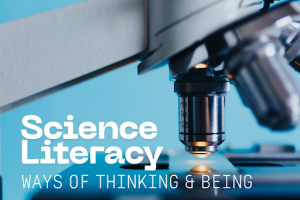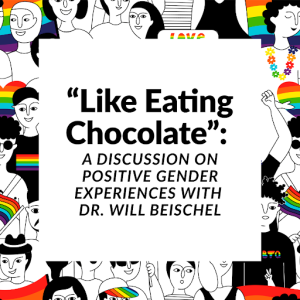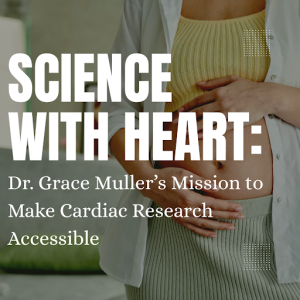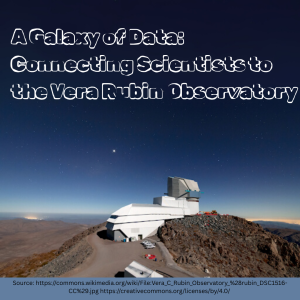The Slimy Solution to Plastic Pollution
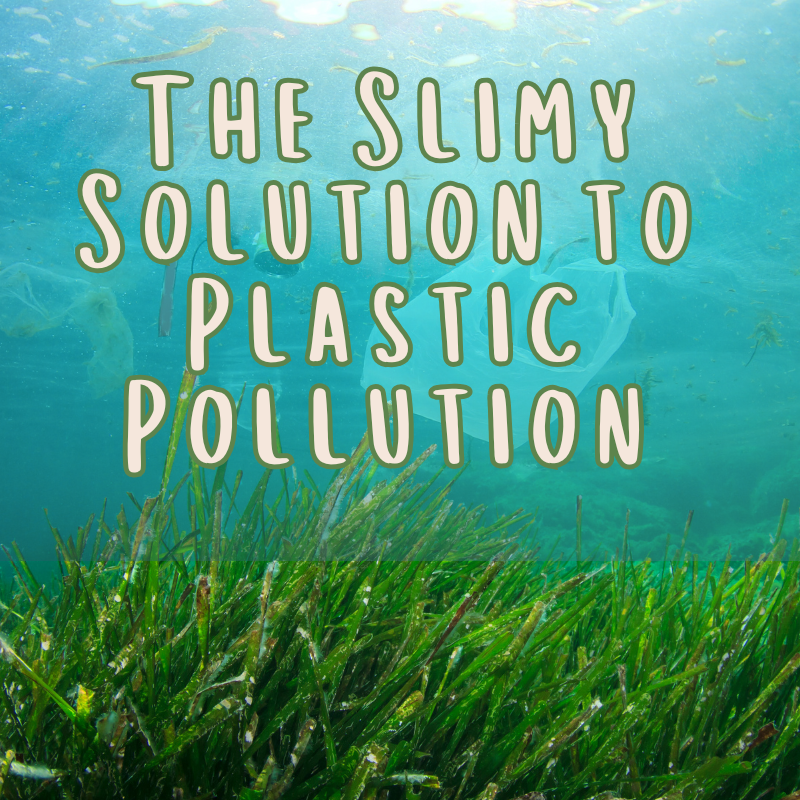
By Hayden Nelson, C2ST Intern, University of Chicago
Plastic is everywhere. It’s in our packaging, our clothes, our water, and even our bloodstreams. In many ways, we’ve turned Earth into a giant tupperware container. The result? Millions of tons of plastic waste flow into the ocean each year, breaking down into microscopic confetti that fish mistake for food. Yet, beneath those same waters lies an unexpected ally. Seaweed, the slimy green (and sometimes brown) plant we love to avoid at the beach, could be the ocean’s quiet answer to plastic pollution.
